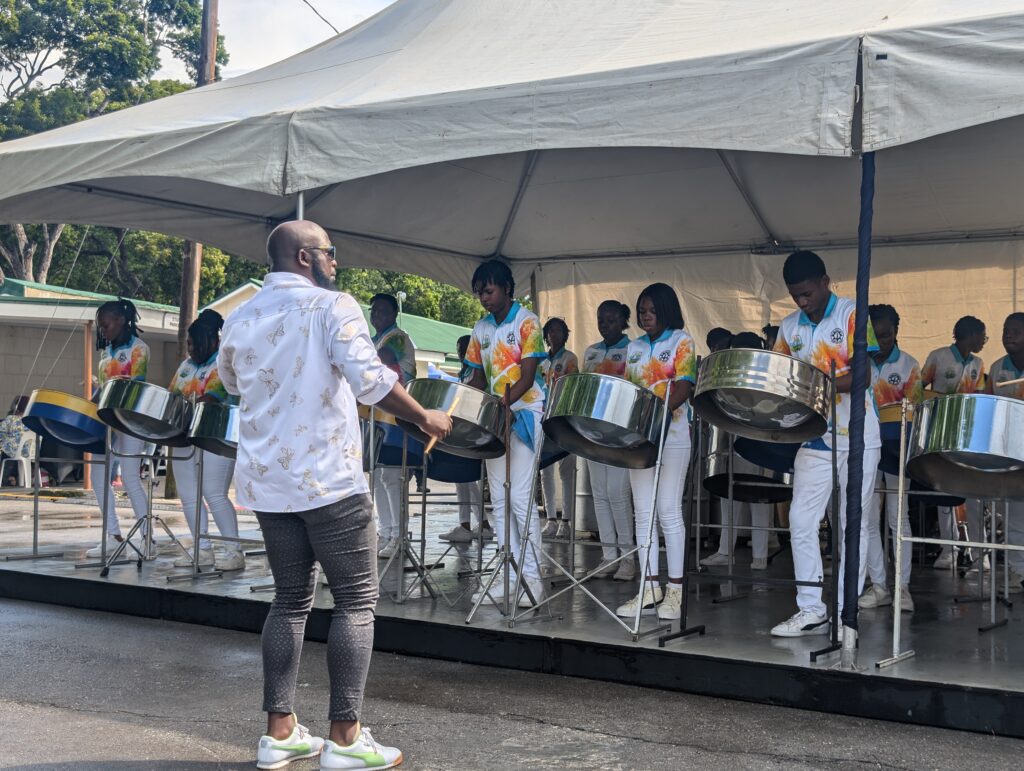The leading specialist in the Queen Elizabeth Hospital’s (QEH) transplant programme is urging legislative changes to allow for an organ donor programme and the transplantation of donors’ kidneys when they die to address the growing number of patients with end-stage renal failure.
Speaking on the QEH Pulse radio show, Dr Margaret O’Shea, whose expertise lies in kidney transplantation, emphasised the pressing need for such legislation to expand transplant options and meet the increasing demand from the dialysis patient population.
“I think it’s well known we do have a very large dialysis population, and this is increasing year on year, due mostly in part to the increasingly non-communicable diseases,” she remarked. “So the best approach or the best option for our patients with end-stage renal failure is kidney transplantation.”
While dialysis is a crucial treatment, the specialist noted it was not the optimal long-term solution.
“Given the thought that patients who at this time would benefit from a transplant need a live donor, we are not doing as much transplants as we would like, because in Barbados right now, the option for transplantation is only the live donor transplant,” Dr O’Shea explained.
A major obstacle facing the QEH transplant programme is the lack of legislation for deceased organ donation in Barbados. Dr O’Shea underscored the significance of legislative changes to expand transplant options.
“We do not have legislation for deceased donation at this time, but the good thing is the legislation is in the works,” she noted. “The minister of health is moving in that direction to ensure that we can take steps to have more organs available for transplant generally.”
The medical expert elaborated on the advantages of kidney transplantation over prolonged dialysis. She said patients live a better quality of life, live longer, “and, of course, you’re not spending all that time on the dialysis machine.”
Transplants not only improve patients’ health but also enable them to return to their normal lives more quickly.
“Patients who get the transplant are certainly able to go back to their work more readily,” Dr O’Shea emphasised. “You just spend time taking medications so you don’t reject the kidney. It’s better quality of life and also better quantity of life and certainly more cost-effective for the hospital and patient…. It’s a win-win situation for both the patients and the healthcare system.”
Dr O’Shea said there were rigorous screening processes in place to ensure the safety of both donors and recipients.
“We screen our donors very heavily because we don’t want anything to happen to the donors. They get all of the tests done to make sure they’re very healthy and fit for surgery,” she explained.
The hospital’s live donor transplant programme has achieved impressive success rates, supported by its collaboration with international partners.
Dr O’Shea said there is a “close to a 90 per cent success rate at this time”.
“So far, all of our grafts have worked, but we do have patients who, because of underlying problems, do succumb to other issues,” she added.
To foster community involvement and raise awareness, the QEH is hosting an information session about kidney transplantation on Friday at 1 p.m. at the QEH auditorium.
The post Doctor urges legal changes to boost kidney transplants appeared first on Barbados Today.

